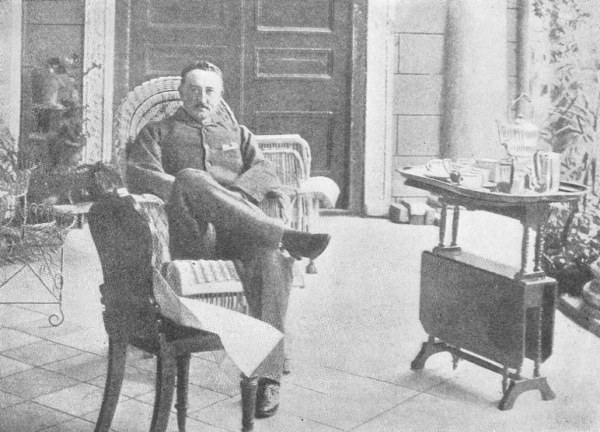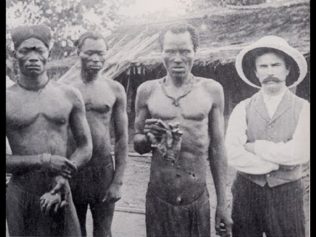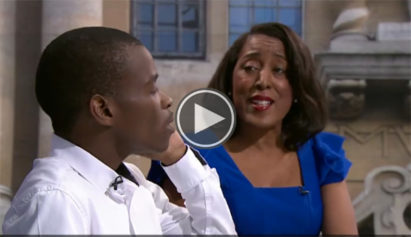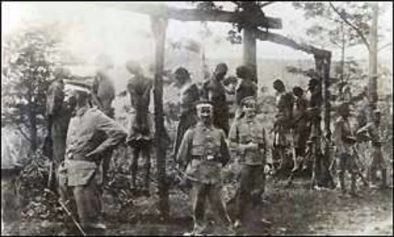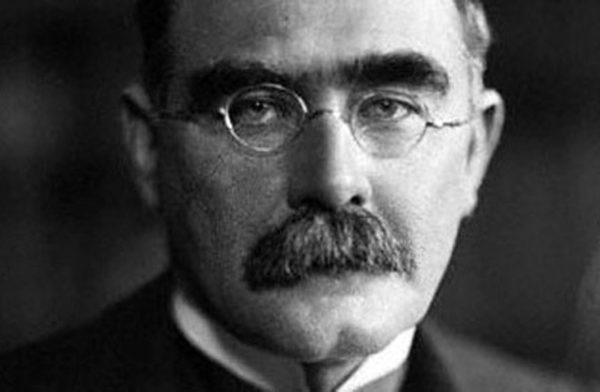
Rudyard Kipling
Escaping Rudyard Kipling’s Legacy
The British author famous for The Jungle Book (1894), has been the subject of scholarly debate about his pro-imperialist ideas and themes interlaced in his body of work. The book has been adapted for screen eight times and theater countless times. This year, Disney will release the latest live action adaptation with actors Idris Elba, Scarlett Johannson, Lupita Nyong’o and others, reintroducing his tale of a young Indian child among animals. That controversy has been brought back into the public zeitgeist. Filmmaker Jon Favreau backed away from that controversy by adding some new twists.
Kipling’s Idol: Imperialist Cecil Rhodes
Every year since 1898, Kipling traveled to South Africa for winter holidays. Kipling and his family stayed on the estate of British imperialist Cecil Rhodes — the same man who slaughtered scores of Black natives to gain land and resources for the British and his own personal motives. Rhodes was a mining magnate responsible for starting the modern diamond industry. The imperialist considered native South Africans as “in a state of barbarism.” Kipling’s family stayed in “The Woolsack,” a house on Cecil Rhodes’ estate at Groote Schuur, which is now one of the student residences for the University of Cape Town.
